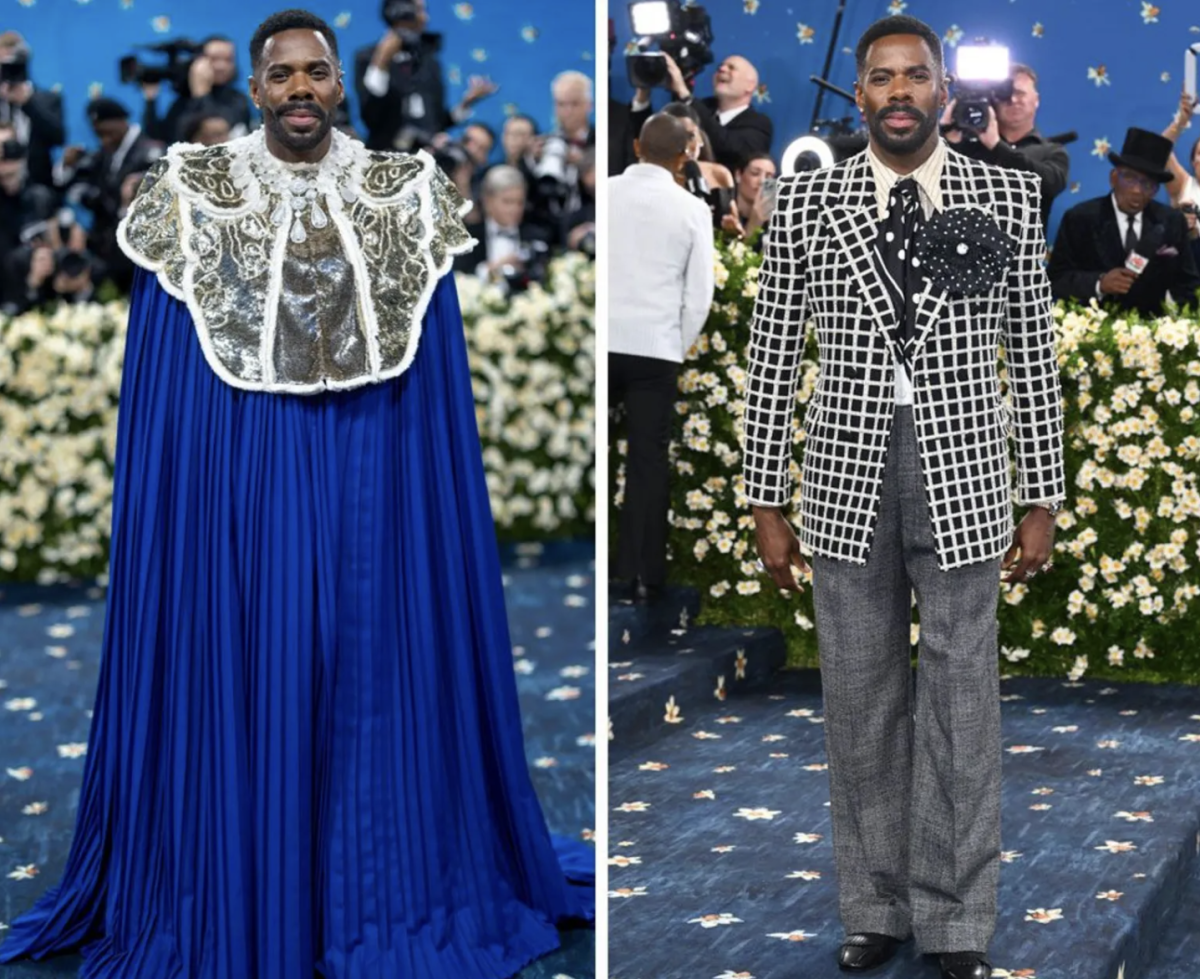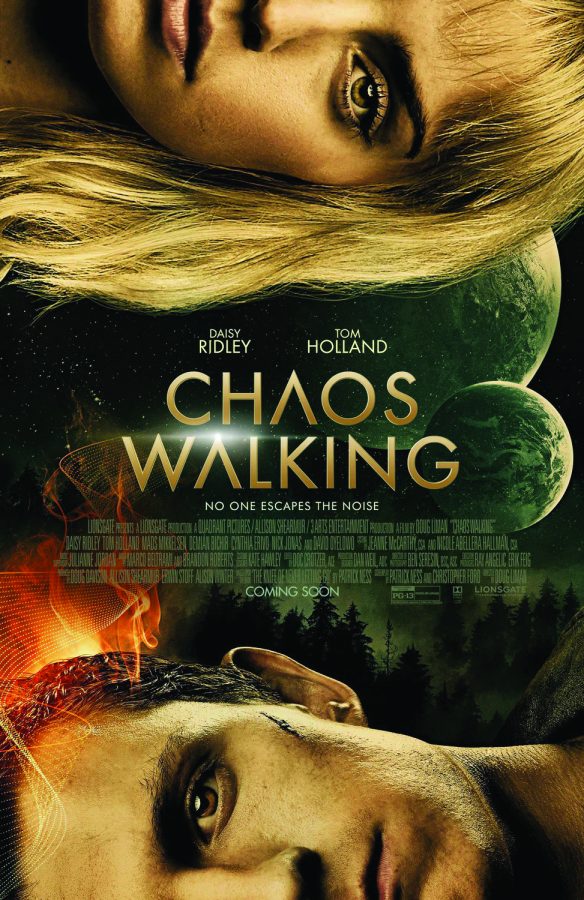“The Interestings”
Meg Wolitzer
At the beginning of “The Interestings,” I honestly was not sure what to think. It seemed like another classic novel of friendship, which in some ways, it was. However, I was not disappointed: the book is more than just a friendship novel. It’s … interesting.
This story follows a group of friends journeying from adolescence to middle-age. It starts with Jules Jacobson, a shy, awkward 16-year-old girl who recently lost her father. Over the summer of 1979, she finds a group of friends, whom she calls “The Interestings” in Spirit-in-the-Woods, an art camp that helps kids to discover their creativity, developing a close bond with them.
Beautiful and powerful, this book captures the lives of these adolescents, later becoming adults and parents in hectic New York City.
Jules maintains a close friendship with Ash Wolfe, a caring girl from an esteemed, wealthy family, whose brother, Goodman Wolfe, endures many challenges throughout his adolescence. Although Jules does not have a very close friendship with Goodman, she befriends Ethan Figman, who later makes his own animation show, “Figland.” and Jonah Bay, a gentle soul with a talent for playing the guitar. Also at the camp is Cathy Kiplienger, who becomes in a way the group’s “victim.” From Julie Jacobson, daughter of a lost father, living an ordinary life, she becomes Jules Jacobson, part of a group of friends who go about very interesting lives and care for her.
Wolitzer critiques the American value of a self-made man and challenges various American concepts, including marriage and friendship.
Although not engaging at the start, the book drew me in later on as the personal lives of the characters were introduced. The book explores dark themes like selfishness and the meaning and cost of relationships. It raises the question of what determines success in life and raises sensitive emotions, such as those of jealousy and envy.
In Jules’s situation, when she ponders over her relationship with her wealthy friends, she looks up the difference of jealousy and envy: “Jealousy was essentially ‘I want what you have’ while envy was ‘I want what you have, but I also want to take it away so you can’t have it.’”
Wolitzer effectively tackles these important messages in her book through an interesting plot, adding much depth.
Wolitzer posed ethical questions about the characters, especially that of Goodman Wolfe. I had to make decisions about the moral conduct of characters, which made the book engaging.
The story is about normal teenagers in a big city. Just like me. The more relatable the book became, the more I enjoyed it.
While Wolitzer’s writing style is bulky and omniscient with her advanced vocabulary and strong narrative voice, she masters a detailed perspective.
Because her writing style was highly narrative, it made everything seem so insignificant. The story encompassed so many characters; it made me think about my life. Maybe my life is just a small section in a very large book. I think that’s the reason I liked the book so much: it made me feel small in a good way, like the universe will move on, even if I don’t want it too because everyone else has pages to fill.
I wouldn’t necessarily describe the end of the book as sad. I was satisfied with the ending, and I think Wolitzer did a fantastic job of wrapping up story-lines. This book left off on a deeper message. I guess you could say it was interesting.
– Noor Adatia







